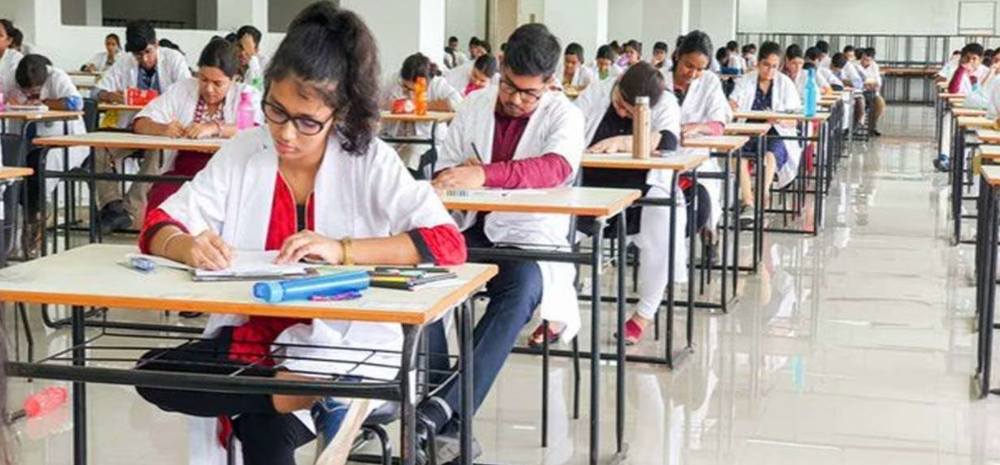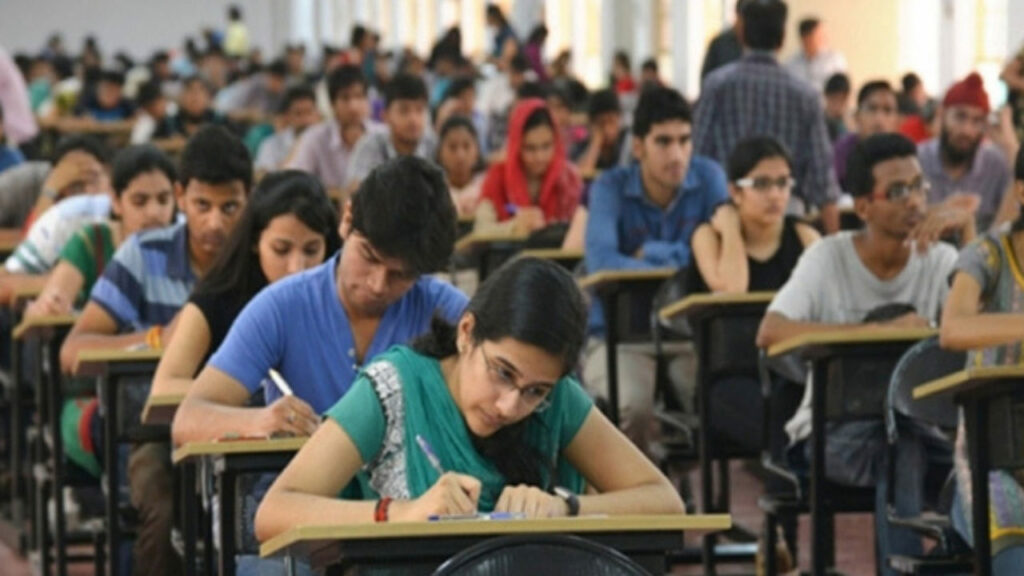Parents and medical education specialists are urging authorities to lower the exam’s difficulty level since the Foreign Medical Graduate Examination (FMGE), also known as NEXT, is an extremely demanding exam that most students are unable to pass.
Read on to find out all the details!

Parents, Medical Education Specialists Urging Authorities To Reduce NEXT Difficulty Level
For those who want to practice medicine in India after studying overseas, FMGE is required.
Many Indian students who have low scores on the National Eligibility and Entrance Test (NEET) opt to pursue medical studies abroad in nations such as Georgia, Bangladesh, China, Romania, Kyrgyzstan, Uzbekistan, Russia, Belarus, Azerbaijan, Kazakhstan, and the Philippines.
Due to the exam’s complexity, students must pass FMGE in order to practice medicine in India according to Medical Council of India (MCI) regulations, creating a considerable hurdle.
The FMGE pass rate has been continually low; according to the most recent data, only 20.89% of 34,608 students passed.
FMGE is administered by the National Board of Examination twice a year.
According to career counselor Durgesh Mangeshkar, maintaining medical care standards requires a higher degree of effort. Experts and parents concern that pupils who fail the FMGE often only receive a 12th pass, remaining academically static. Counselor for higher education Harish Butale suggests that students get ready for the FMGE while they are studying overseas.
FMGE Pass Percentages
Students can retake the FMGE up to six times in a ten-year period in order to become eligible to practice in India.
In prior sessions, the FMGE pass percentages were as follows: June 2021 (23.53%), December 2021 (24.26%), December 2022 (32.21%), and June 2023 (10.20%).
On July 16, the FMGE results were released, indicating that 7,233 out of 34,608 students passed.
The objective of the central government’s heightened FMGE difficulty level is to guarantee superior medical education. However, international students find it difficult to pass the FMGE due to the theoretical focus of Indian medical education.
Sometimes, students attempt to pass the FMGE after putting in six to eight years of preparation.
Merely meeting the FMGE requirements guarantees that only qualified medical practitioners are allowed to practice in India.
By requiring all practitioners to adhere to a set of standards, the FMGE requirement seeks to safeguard the caliber of medical care provided in India.













